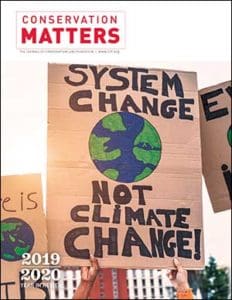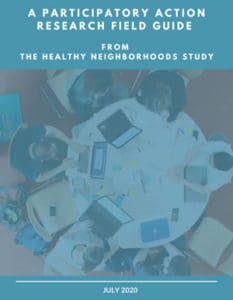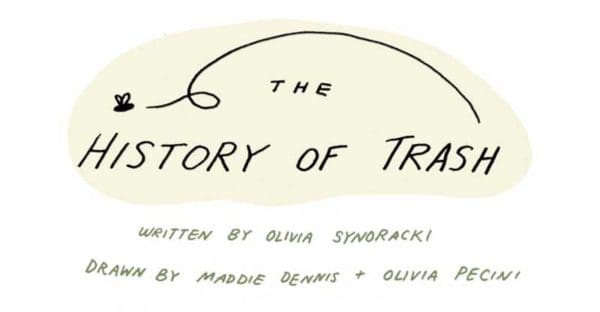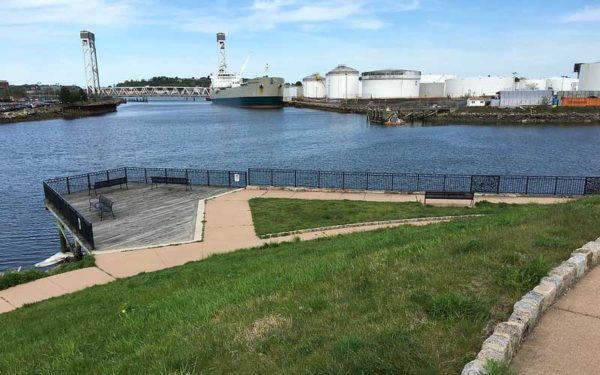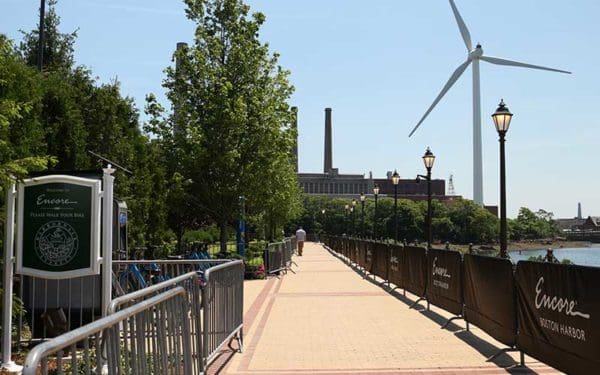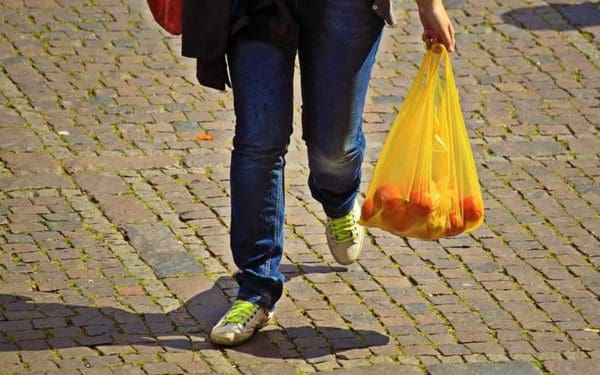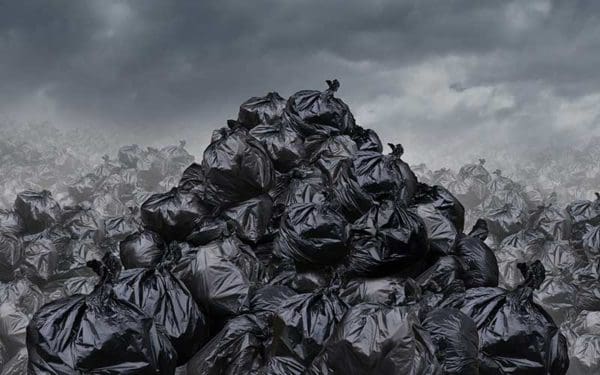Jul 29, 2020
“At the time, we understood this was a measure to protect public health. But as more information came out, it’s now clear that reusable bags are not a cause for concern, from a public health perspective.”
Jul 22, 2020
In times of change and upheaval, there is also room for hope and inspiration. While we collectively have much hard work ahead of us, we also have much to commend. Our hope is that this report offers insight into the work that your support makes possible – and inspiration for what we know we can accomplish together.
Jul 21, 2020
This Field Guide describes how the partners in the Healthy Neighborhoods Study do research in 9 communities in Greater Metropolitan Boston. The project uses the Participatory Action Research (PAR) approach, which is grounded in the idea that the people who are most impacted by a problem are in the best position to understand and solve that problem. After years of research together, we wrote this guide for other communities interested in Participatory Action Research.
Jul 20, 2020
Humans have been producing trash for generations. But how we dispose of it hasn’t improved in ages. By implementing zero-waste policies, we can begin to redesign our waste systems and produce less trash – while also protecting our environment and our communities.
Jul 16, 2020
East Boston residents overwhelmingly oppose a proposal to build a massive electrical substation in their neighborhood. In a case highlighting issues of language justice, many residents have been unable to participate fully in public proceedings because of inadequate translation services. CLF and our partners have filed a formal complaint to hold officials accountable.
Jul 15, 2020
“Once again, President Trump is sacrificing the public good at the altar of the fossil fuel industry, pretending to sit on a throne rather than executing the laws as written by Congress,” said CLF President Bradley Campbell. “Instead of expediting worthy projects, Trump’s overreach and disregard of the law will mean more lawsuits and greater distrust of agency actions, while eliminating what is often the only avenue for the public to understand, help shape, or oppose ill-advised projects that put their health and their communities at risk.”
Jul 14, 2020
Like COVID-19, severe heat waves are not an “equal opportunity” health threat. The most disinvested neighborhoods — those dominated by buildings, pavement, and parking lots — are hit the hardest. The built environment of these places absorbs and traps heat, creating a “heat island effect” that makes them dangerously hotter than other neighborhoods while worsening their air quality.
Jul 09, 2020
Communities of color and those with low incomes not only deserve to enjoy waterfront open spaces for recreation and exercise – it’s also their right by law. And yet, through neglect and outright refusal by corporate interests, too many do not have the chance to run, walk, or even stretch near the water. We can and must do better.
Jul 08, 2020
Experts are refuting the plastic industry’s claims that reusable bags carry and transmit COVID-19. One public health expert, Dr. Ben Locwin, spoke with CLF about why reusables do not increase the risk of infection, and how washing your reusables with soap or detergent reduces any theoretical risk of transmission.
Jul 07, 2020
To end our “bury or burn” approach to managing waste – and to finally achieve the waste reduction goals that New Hampshire set more than 20 years ago – regulators must establish clear, meaningful requirements that promote waste reduction, recycling, and composting.

